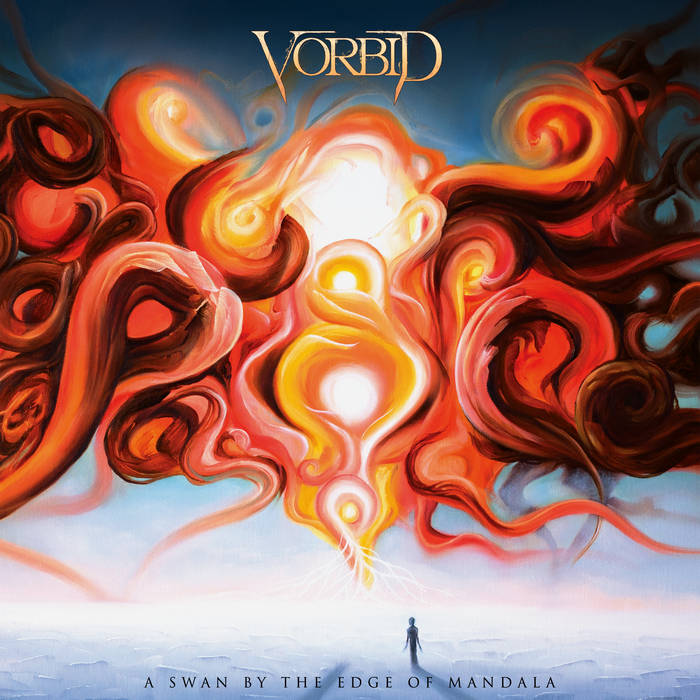Album of the Week 43-2022: Joanne Shaw Taylor – Nobody’s Fool

Joanne Shaw Taylor is many things. A great guitarist with a fiery, yet surprisingly economic playing style. An excellent singer with a warm, husky alto. But above all, Joanne Shaw Taylor is a fantastic songwriter. And it is that side of her that is front and center on her new album ‘Nobody’s Fool’. Because of that, ‘Nobody’s Fool’ is quite possibly the most varied album she has released so far, or at least on par with the wildly eclectic ‘Almost Always Never’. And yet, ‘Nobody’s Fool’ has a very pleasant flow, which makes it an immensely satisfying listen.
Variation is the biggest strength of ‘Nobody’s Fool’. The soul influences are more pronounced than on any of Taylor’s previous albums, but there are southern rock songs, acoustic ballads and tightly arranged, poppy guitar rockers. This is great news for anyone but the most conservative blues purists, but even for them there is plenty of heartfelt, blues-inspired guitar playing on the album. Sonically, ‘Nobody’s Fool’ is certainly Taylor’s most adventurous album to date. She experiments with a wider variety of acoustic, clean and overdriven guitar sounds than ever, sometimes layering them on top of each other to great effect.
All of this would be pointless if the songs weren’t any good. Fortunately, they are. ‘Just No Getting Over You (Dream Cruise)’ was an excellent choice to be the first single, as its greasy soul grooves and Stonesy riffing certainly wet the appetite for the album. ‘Then There’s You’ is a nice ragged bluesrocker given a rootsy edge by the way the acoustic and electric guitars interact, while the opening title track would not have sounded out of place on any of the Allman Brothers albums with Dickey Betts as the main songwriter, with the main difference being that Taylor has a better feel for tight hooks.
When ‘Nobody’s Fool’ strays further from Taylor’s core sound, however, it is just as satisfying. ‘Figure It Out’ marries sixties style pop melodies with rough, pointy riffs somewhat reminiscent of Joan Jett, while ‘Runaway’ is a sunny pop song with upbeat guitar work. ‘The Leaving Kind’ is a fantastic acoustic-based ballad that sounds like it ought to be accompanying a dramatic scene in a black and white movie, while the other ballad ‘Fade Away’ is beautifully subdued and emotional. An absolute highlight, however, is ‘Bad Blood’, an exciting track with a monstrous groove and reverberating guitars reminiscent of spaghetti westerns, but also an excellent build-up in tension.
Signing to a label owned by Joe Bonamassa – who guests but thankfully doesn’t sing on ‘Won’t Be Fooled Again’ – fortunately has not limited Joanne Shaw Taylor to making blues records. In fact, ‘Nobody’s Fool’ is just about as far removed from blues an artist can get whilst still retaining a blues foundation. Since songwriting on the edge of multiple rootsy styles has always been Taylor’s forte, I am glad to hear that aspect of her artistry being what ‘Nobody’s Fool’ is all about. Anyone with a feel for blues, soul and classic rock should give the album at least a shot. You will not regret it.
Recommended tracks: ‘Just No Getting Over You (Dream Cruise)’, ‘Bad Blood’, ‘The Leaving Kind’



